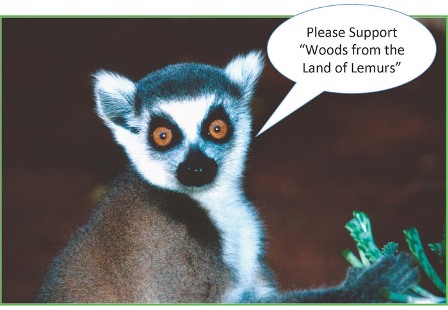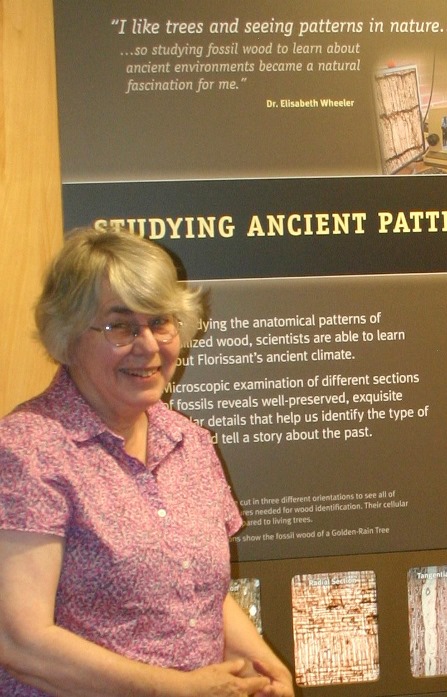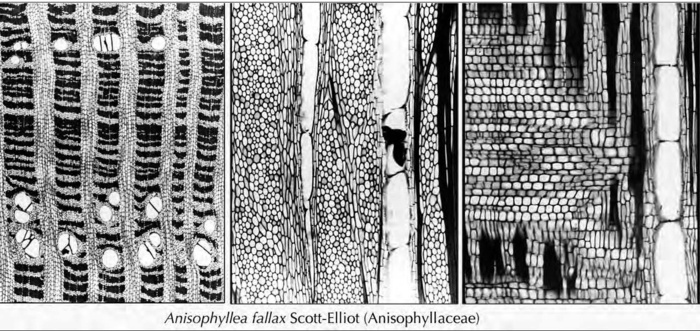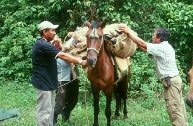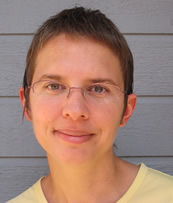 Dr. Barry Brook, the Australian Research Council Future Fellow III, Sir Hubert Wilkins Chair of Climate Change, and Director of Climate Science for The Environment Institute at the University of Adelaide in South Australia will deliver the inaugural Global Environmental Change Lecture at NC State University -“Power to save nature? The role of nuclear energy and ‘techno-fixes’ in conserving climate and ecosystems.”
Dr. Barry Brook, the Australian Research Council Future Fellow III, Sir Hubert Wilkins Chair of Climate Change, and Director of Climate Science for The Environment Institute at the University of Adelaide in South Australia will deliver the inaugural Global Environmental Change Lecture at NC State University -“Power to save nature? The role of nuclear energy and ‘techno-fixes’ in conserving climate and ecosystems.”
The lecture will be held at the David Clark Labs on the NC State campus on April 8, 2014 from 4-5pm. (parking in the Dan Allen deck) and is open to the public.
Fossil fuels have supplied most of society’s energy demand for over two centuries. Yet, with the mounting problems of climate change, pollution, security and dwindling supplies, we now face the need for a near-total transformation of the world’s energy systems.
The talk will provide a critical overview of the challenges in—and potential solutions for—completely ‘decarbonzing’ our energy supplies, while also meeting the growing need for increased prosperity in the developing world.
It will be argued that of the options available, it is next-generation nuclear power and related technologies, based on modular systems with full fuel recycling and inherent safety, that offer the best chance of curing our fossil-fuel addiction.
Solving the ‘energy problem’ will not just help in mitigating climate change. It will also avoid destructive use of natural and agricultural landscapes for biofuels and diffuse energy generation, and allow societies to reduce their ‘footprint’ by sparing land and resources for biodiversity conservation
About Dr. Brook:
An innovative quantitative population ecologist, began his career studying how genetic variability affects the persistence of small populations. Since then his efforts have proliferated in many directions, with novel applications of simulation and statistical modeling to understand synergistic impacts on the biosphere. Read his blog>>
The NC State Global Environmental Change Lecture Series is organized by NC State College of Natural Resources professor L. Scott Mills and co-sponsored by the Southeast Climate Science Center.
Learn more about the NC State Global Change Forum>>
****
Dr. Brooks will also deliver the weekly Forestry & Environmental Resources Seminar on April 7, 2014 from 3:30-4:30pm in Room 434 of Daniels Hall at NC State.
The topic is “Tipping Points and Metamodels: Forecasting and Abating Aggregate Human Impacts on Biodiversity”
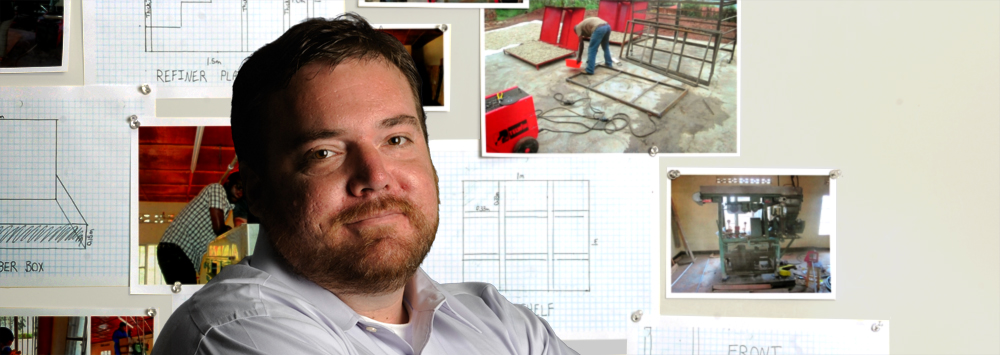 Forest Biomaterials junior and former Marine Tyson Huffman in NC State University’s College of Natural Resources, is working in Rwanda with Sustainable Health Enterprises (SHE). The work he is doing is changing lives.
Forest Biomaterials junior and former Marine Tyson Huffman in NC State University’s College of Natural Resources, is working in Rwanda with Sustainable Health Enterprises (SHE). The work he is doing is changing lives.


